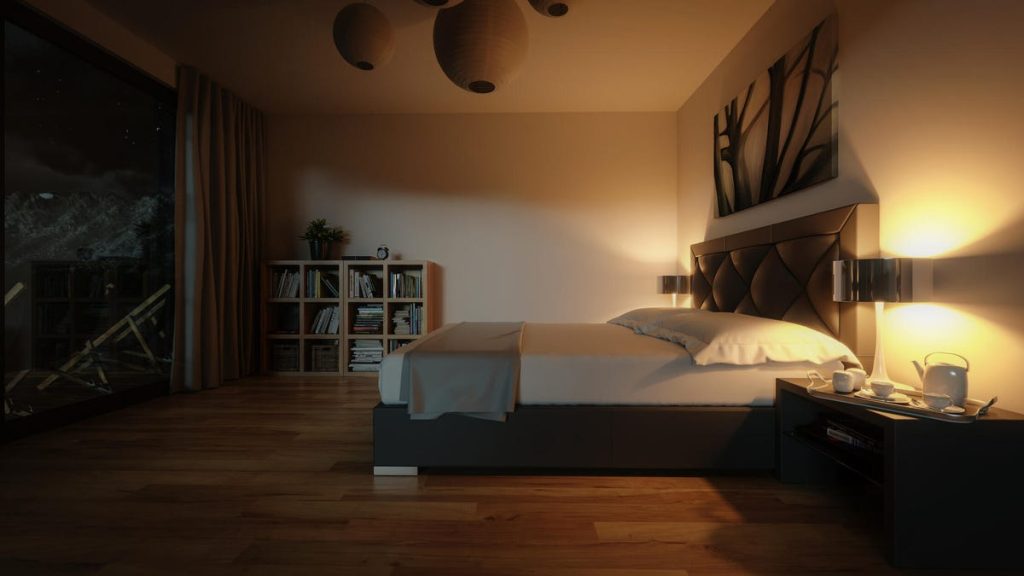Your sleep environment plays a crucial role in determining the quality of your sleep. Factors such as temperature, noise, smell, and light levels can all impact your ability to fall asleep and stay asleep. Creating an ideal sleep environment involves minimizing stimuli that can stimulate your senses and mind, promoting relaxation instead. Setting your room at the right temperature, reducing noise, keeping the room dark, using soothing aromas, keeping the room organized and clean, and limiting the use of electronics before bedtime are all key components of creating a conducive sleep environment.
Setting your room at the right temperature is essential for getting a good night’s sleep. The ideal room temperature for better sleep is around 65 degrees Fahrenheit, although this may vary depending on individual preferences and the type of bedding used. Creating a cool and comfortable environment can help regulate your body heat and improve your sleep quality. Additionally, reducing noise levels in your sleep environment can prevent disturbances that may affect your overall health and sleep patterns. Utilizing white noise machines or playing soft music can help mask external noises and promote a peaceful sleeping environment.
Keeping your room as dark as possible is another important aspect of creating an ideal sleep environment. Light exposure can disrupt your body’s circadian rhythm and signal to your brain that it’s still daytime, making it difficult to fall asleep. Investing in blackout curtains or minimizing the use of electronic devices before bedtime can help reduce light exposure and improve your sleep quality. Using soothing aromas, such as lavender, can also promote relaxation and create a calming atmosphere before bed. Aromatherapy blends or essential oils can be used to enhance your sleep environment and help you unwind after a long day.
Maintaining a clean and organized room is not only visually relaxing but can also reduce stress levels and improve sleep quality. Washing your sheets and pillowcases frequently can create a fresh and inviting sleep environment. Limiting the use of electronics before bedtime is crucial for preventing blue light exposure, which can disrupt your circadian rhythm and affect your sleep patterns. Using blue light-blocking glasses or setting your phone’s screen to night mode can help minimize the impact of electronic devices on your sleep quality.
Investing in soft sheets and bedding that cater to your preferences, whether you are a hot sleeper or prefer a cozy feel, can enhance your overall sleep experience. Quality bed sheets, weighted blankets, and other comfort-enhancing products can make your bed feel like a sanctuary and promote better sleep. By implementing these tips and creating an ideal sleep environment tailored to your needs and preferences, you can optimize your sleep quality and promote a restful night’s sleep. Remember that small changes can make a significant difference in how well you sleep and how refreshed you feel in the morning.


